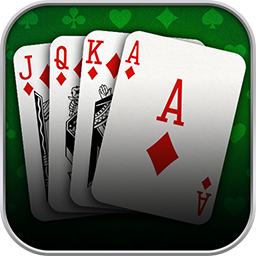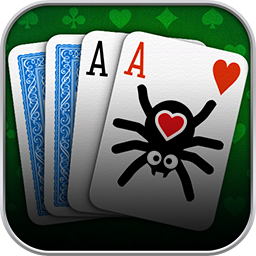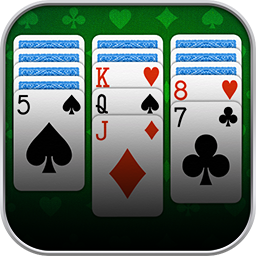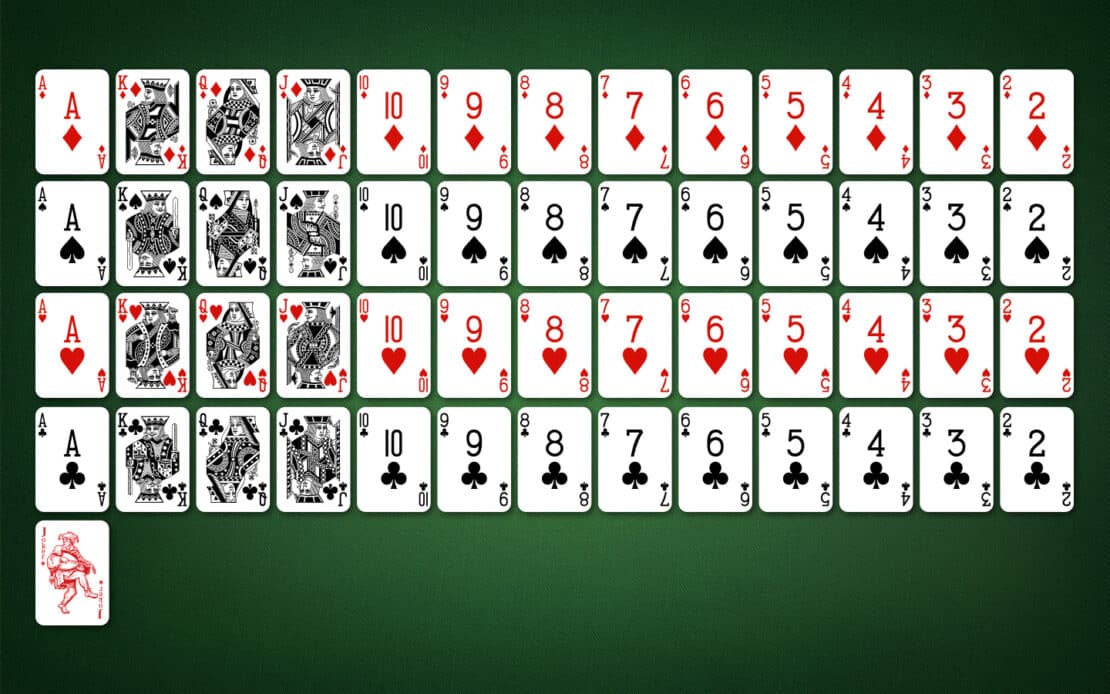
Pai Gow is originally a Chinese comparing game played with traditional Chinese domino tiles. A version using playing cards instead of domino tiles is called Pai Gow Poker or double-hand poker.
The playing card version of Pai Gow was created in 1985 in the USA. It is especially popular in China, multiple East Asian countries, the USA, and Australia. It is often played in Casinos.
To play Pai Gow, you need three to eight people and a set of 52 French-suited playing cards plus a single Joker. One person is the dealer, who is not considered a regular player.
Each player’s objective is to create two hands, one with five cards and one with two cards, that rank higher than the dealer’s respective hands.
At first, the dealer shuffles all cards. Then, they place seven face-down stacks of seven cards each on the table. Independent of the number of players, four cards are discarded. After each player picks a seven-card stack, any remaining cards are discarded, too.
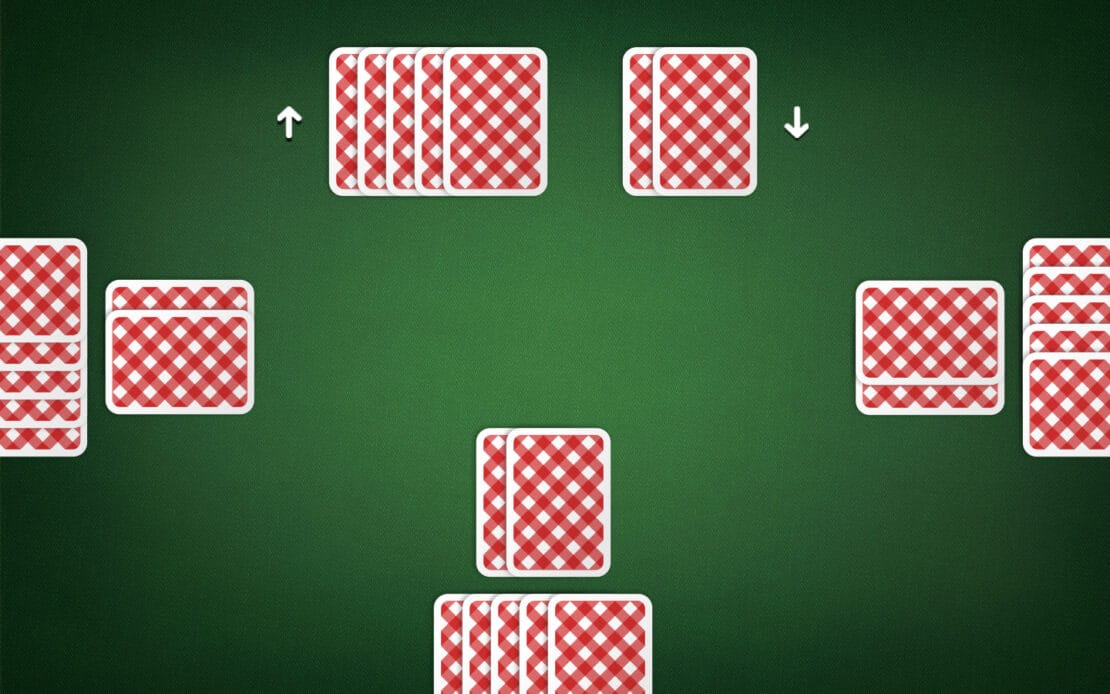
Now, each player, as well as the dealer, arranges their seven cards into a higher hand of five cards and a lower hand of two cards. The higher hand must outrank the lower hand; otherwise, this is considered a foul.
The five-card hand can be grouped according to standard poker hand rankings. In this hand, the Joker can complete a straight or flush. In any other case, it is treated as an Ace.
The two-card hands can only be pairs or high cards, as in no valid combination of cards.
Each player puts the cards face-down in designated areas. Then, the dealer reveals their hands, and the players compare their hands to the dealer’s hands.
Each player with both the higher and the lower hand outranking the dealer’s hands wins. In this case, the player receives one point per winning hand.
Any player with one hand outranking the dealer’s equivalent and the other one being outranked by the dealer’s hand reaches a tie with the dealer. Depending on the local ruleset, a tie may be rewarded with a point for the player, or it may not yield any points.
If the dealer’s hands outrank both hands, this player loses.
After comparing and scoring, the dealer collects all cards, shuffles anew, and the next round can begin.
The game ends when a player reaches a predetermined number of points or after a predetermined number of rounds was played.
Please keep in mind that these are the basic rules which may come in variations in different regions or communities. Always make sure you are familiar with the local rules before you start playing.

